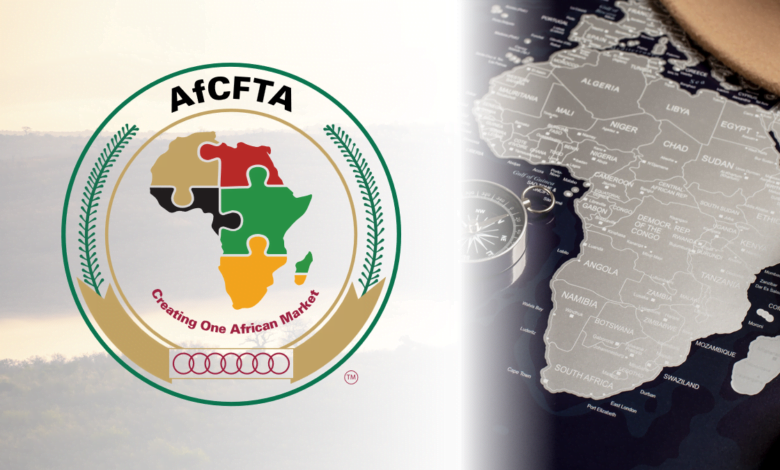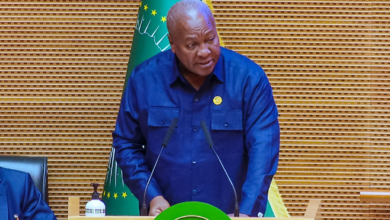
The latest edition of the Africa Development Forum (ADF), held on June 27-28 in Morocco under the auspices of Attijariwafa bank, featured an inspiring speech by Wamkele Mene, Secretary-General of the African Continental Free Trade Area (AfCFTA). He recalled that AfCFTA, ratified by 47 countries, is essential for integrating the African market, aiming to overcome fragmentation inherited from the colonial era.
Key Tool of AfCFTA: the « Investment Protocol »
One of AfCFTA’s key tools is the « Investment Protocol. » This protocol establishes a harmonized regulatory framework for the treatment and protection of investors, crucial for attracting investments in infrastructure and manufacturing sectors. « It is businesses, not governments, that trade and innovate, » said Wamkele Mene, emphasizing the central role of the private sector in job creation and innovation.
Agriculture and agribusiness, automobile, mharmaceuticals, and transport and logistics: Priority sectors for Africa
The automobile sector illustrates the continent’s growth potential. Currently, Africa produces 1.2 million vehicles annually, a number projected to reach 5 million by 2035. Each country has the opportunity to participate in the automotive components value chain. Moreover, the Private Sector Action Plan, launched early 2024 with the World Economic Forum, identified four priority sectors with investment opportunities exceeding $130 billion: agriculture and agribusiness, automobile, pharmaceuticals, and transport and logistics.
The infrastructure deficit is an opportunity for us to mobilize our private sector, pension funds, sovereign funds, and private capital
Wamkele Mene also addressed challenges such as Africa’s lack of pharmaceutical production. In 2019, the continent imported $16.2 billion worth of pharmaceutical products. Similarly, despite food stress, Africa imports over $50 billion worth of food annually, despite more than 60% of the world’s arable land being in Africa.
The infrastructure deficit, estimated at $150 billion annually, is another obstacle. Wamkele Mene sees this as an opportunity to mobilize private funds. « This infrastructure deficit is an opportunity for us to mobilize our private sector, pension funds, sovereign funds, and private capital, » he said.
Initiatives to Facilitate
Trade Wamkele Mene mentioned initiatives like the Pan-African Payment and Settlement System, allowing trade in local currency and thereby reducing international currency conversion costs. In conclusion, he called for concerted action to turn potentials into realities, citing Thomas Sankara to encourage Africans to « dare to invent the future. »
The assessment by Wamkele Mene highlights the immense potential of AfCFTA to transform the African economy. AfCFTA presents a unique opportunity for Africa to become globally competitive. By 2035, it could lift 50 million people out of extreme poverty and make a significant contribution to Africa’s GDP. However, this will require deliberate efforts and Africans taking control of their destiny.
Deeper regional integration and ambitious structural reforms
The rise of intra-African trade through the African Continental Free Trade Area (AfCFTA) reflects mixed progress according to Afreximbank’s latest report. In 2023, this trade grew by 7.2%, reaching $192 billion, indicating efforts towards enhanced regional economic integration. However, its share remains modest at 15% of the continent’s total trade, highlighting persistent challenges. Regional disparities are striking: Southern Africa leads with 41.4% of trade, while Central Africa captures only 6.6%. These gaps underscore challenges in infrastructure and regulatory harmonization.
Furthermore, global geopolitical disruptions have impacted African trade, notably through reduced demand for raw materials due to international tensions and global economic slowdown. Dependence on commodity exports, such as oil (36% of exports), exposes Africa to global price volatility. Concurrently, Africa is diversifying its trade partnerships towards Asia, now accounting for 26% of exports, thus rebalancing its exchanges.
To consolidate these advances, deeper regional integration and ambitious structural reforms are essential. This would enable AfCFTA to realize its potential and strengthen Africa’s economy on the global stage, despite persistent challenges and external uncertainties.
Goal to achieve 30% intra-African trade by 2030
Recently, African countries have been urged to harness the benefits of the African Continental Free Trade Area (AfCFTA) to stimulate their economies and enhance food security, according to resolutions from the 2024 African Economic Summit. Currently, Africa’s intra-regional trade represents only 13% of the continent’s global trade. The summit recommended rapid adoption of AfCFTA protocols and the removal of barriers to its full realization, aiming to achieve 30% intra-African trade by 2030. To achieve this, digital transformation and sustained investments are deemed crucial, alongside effective mobilization of resources.






